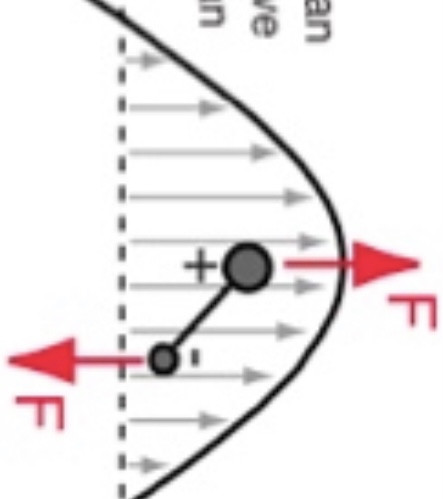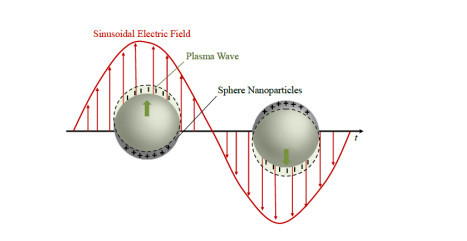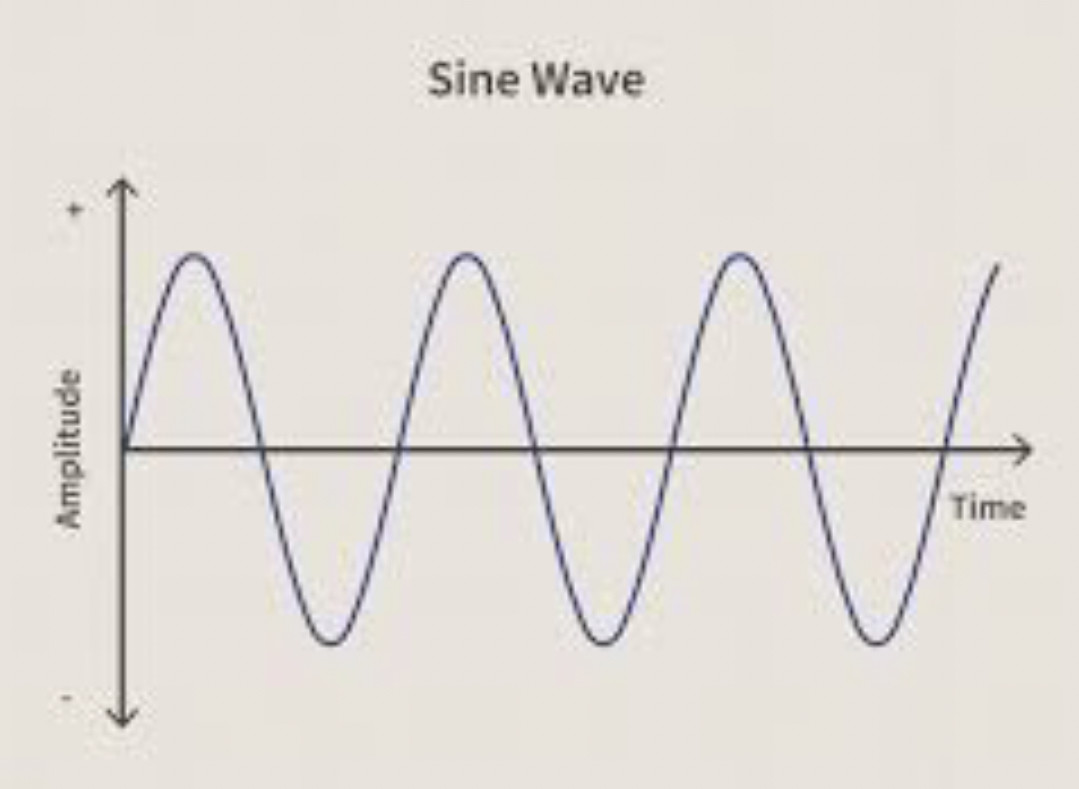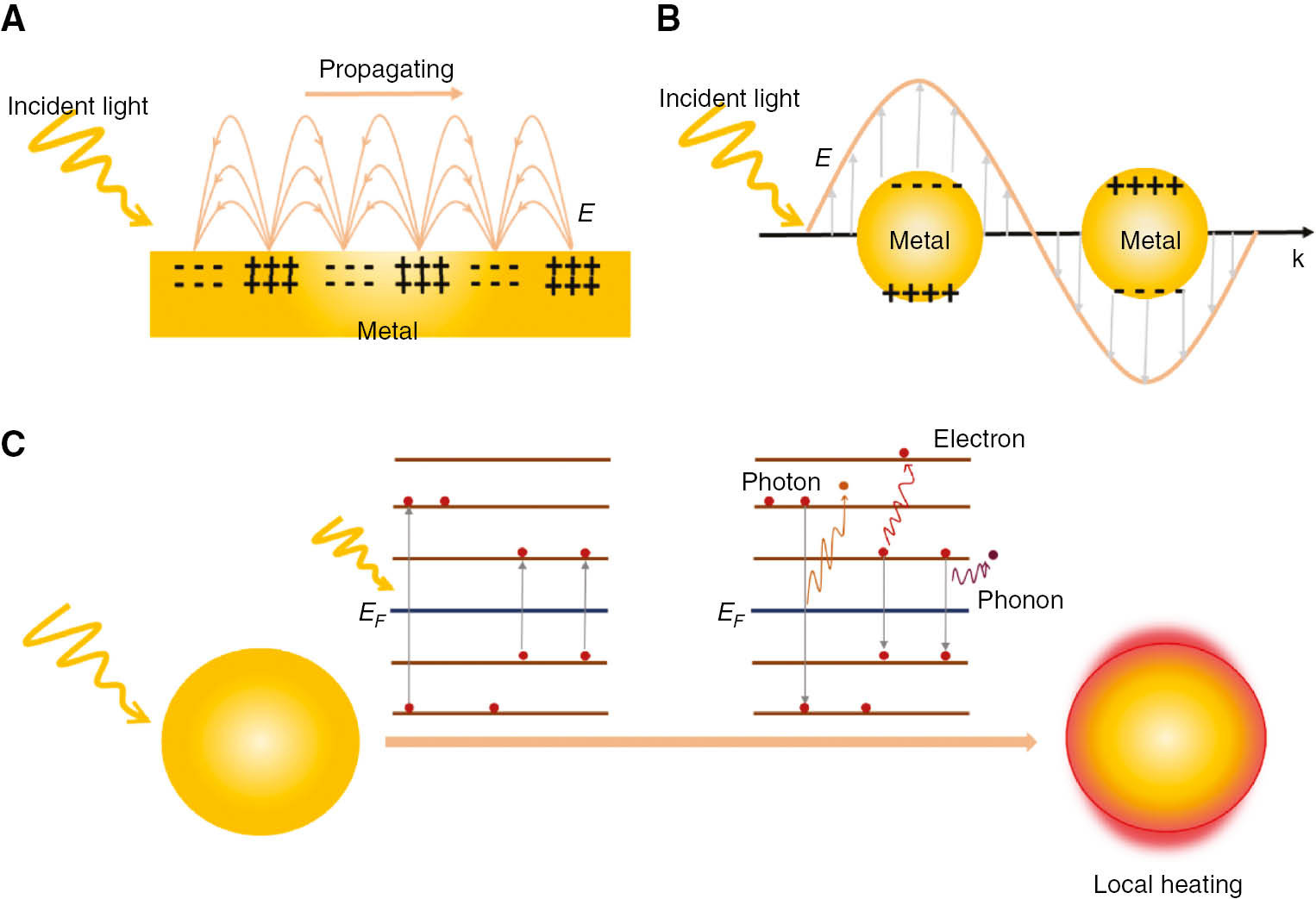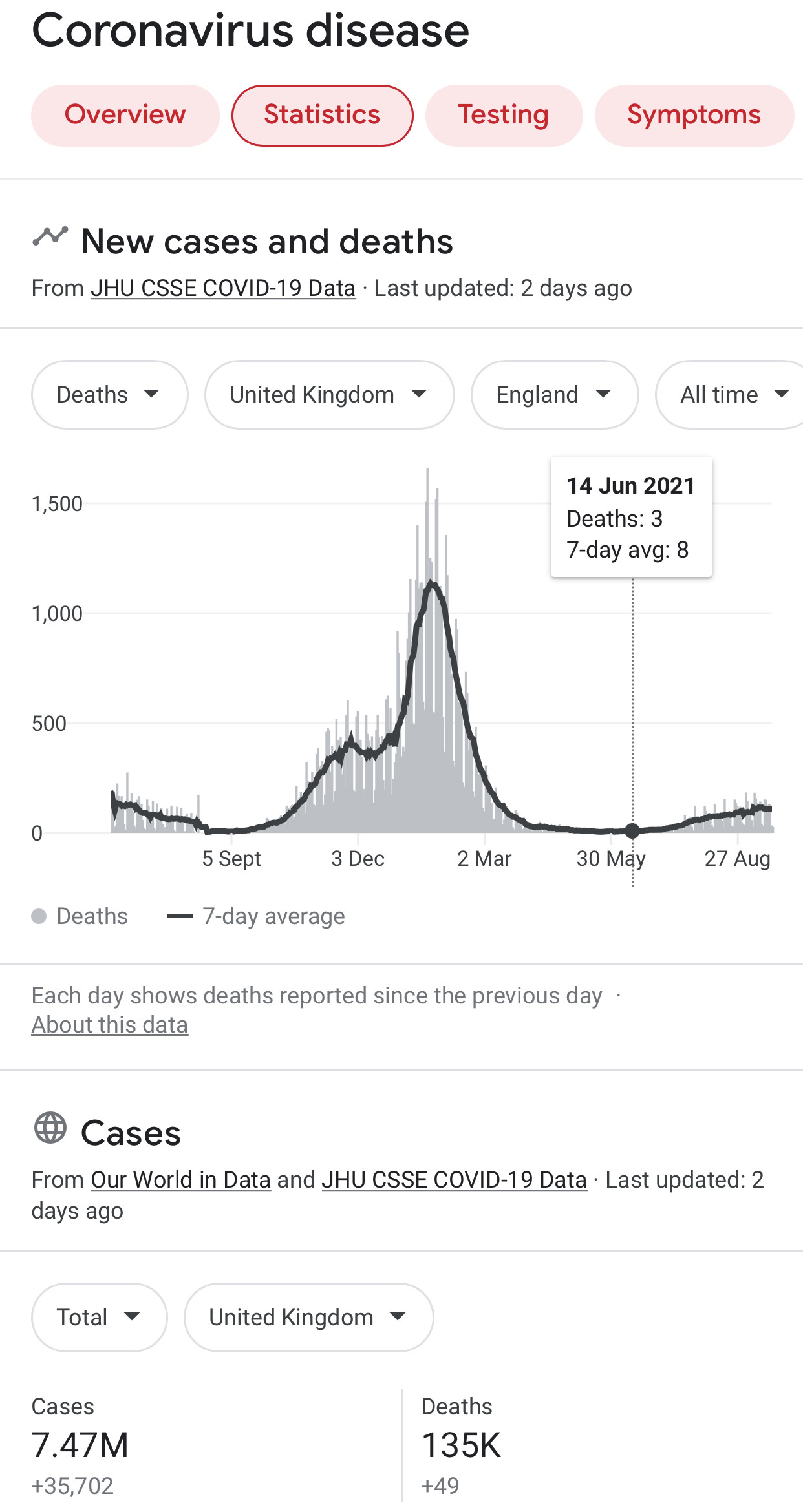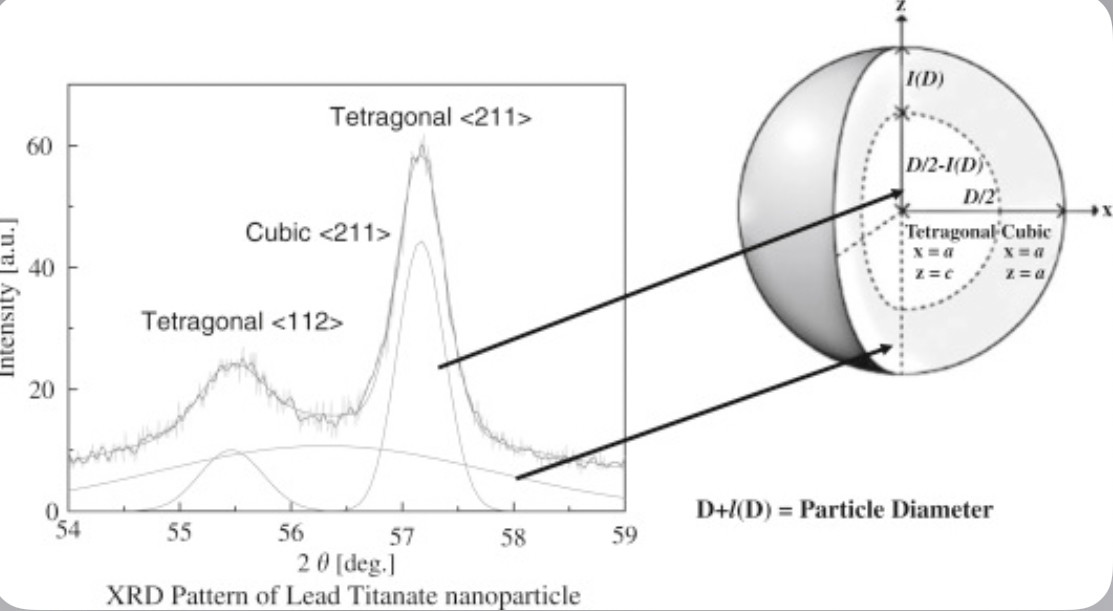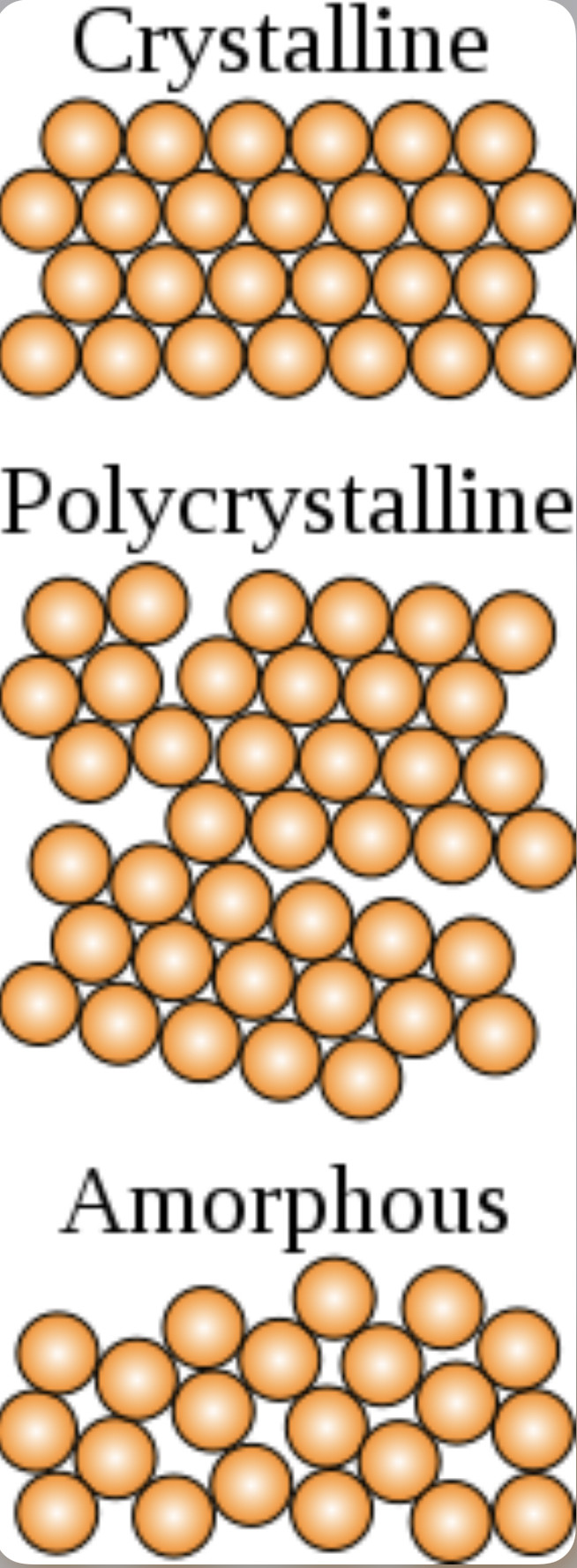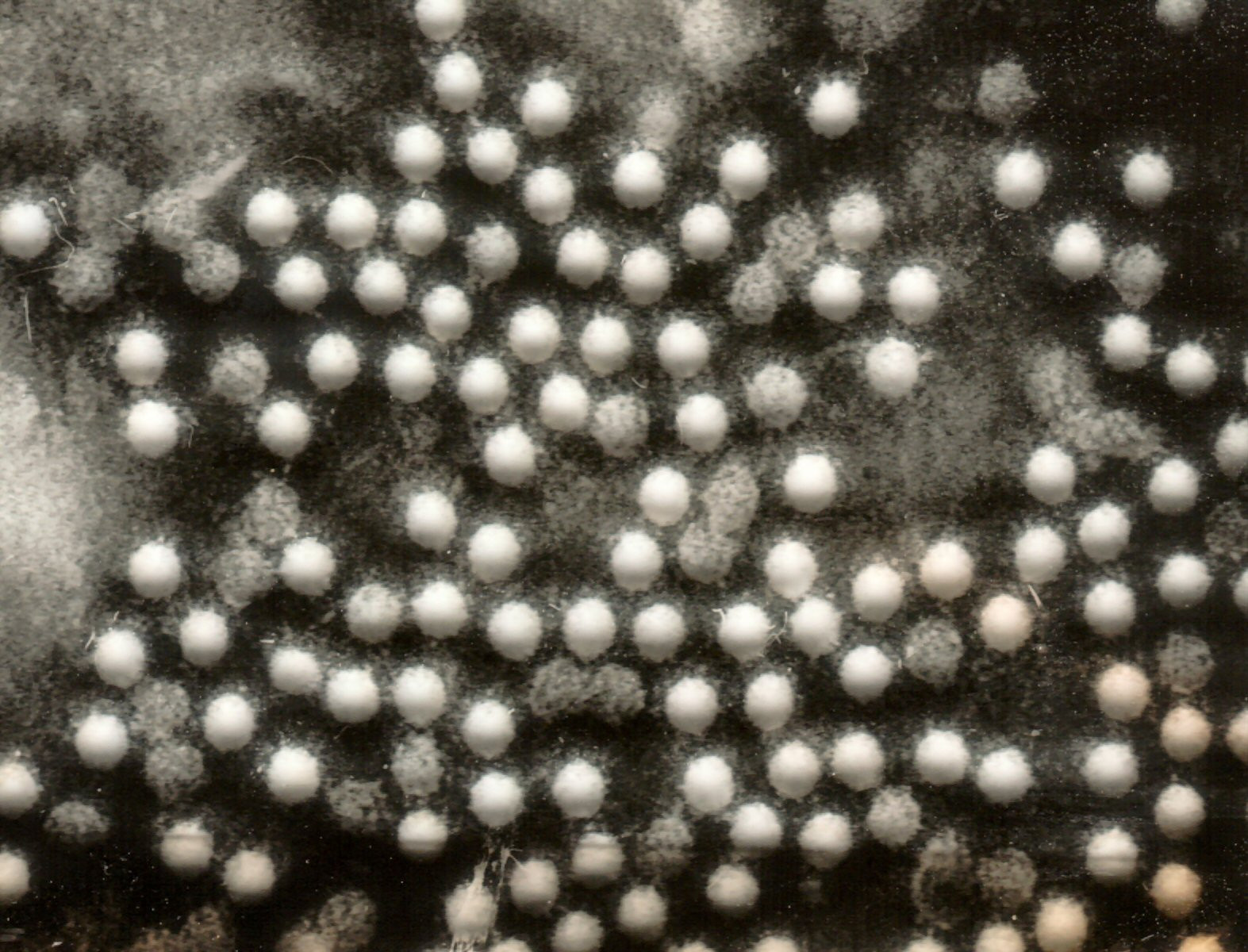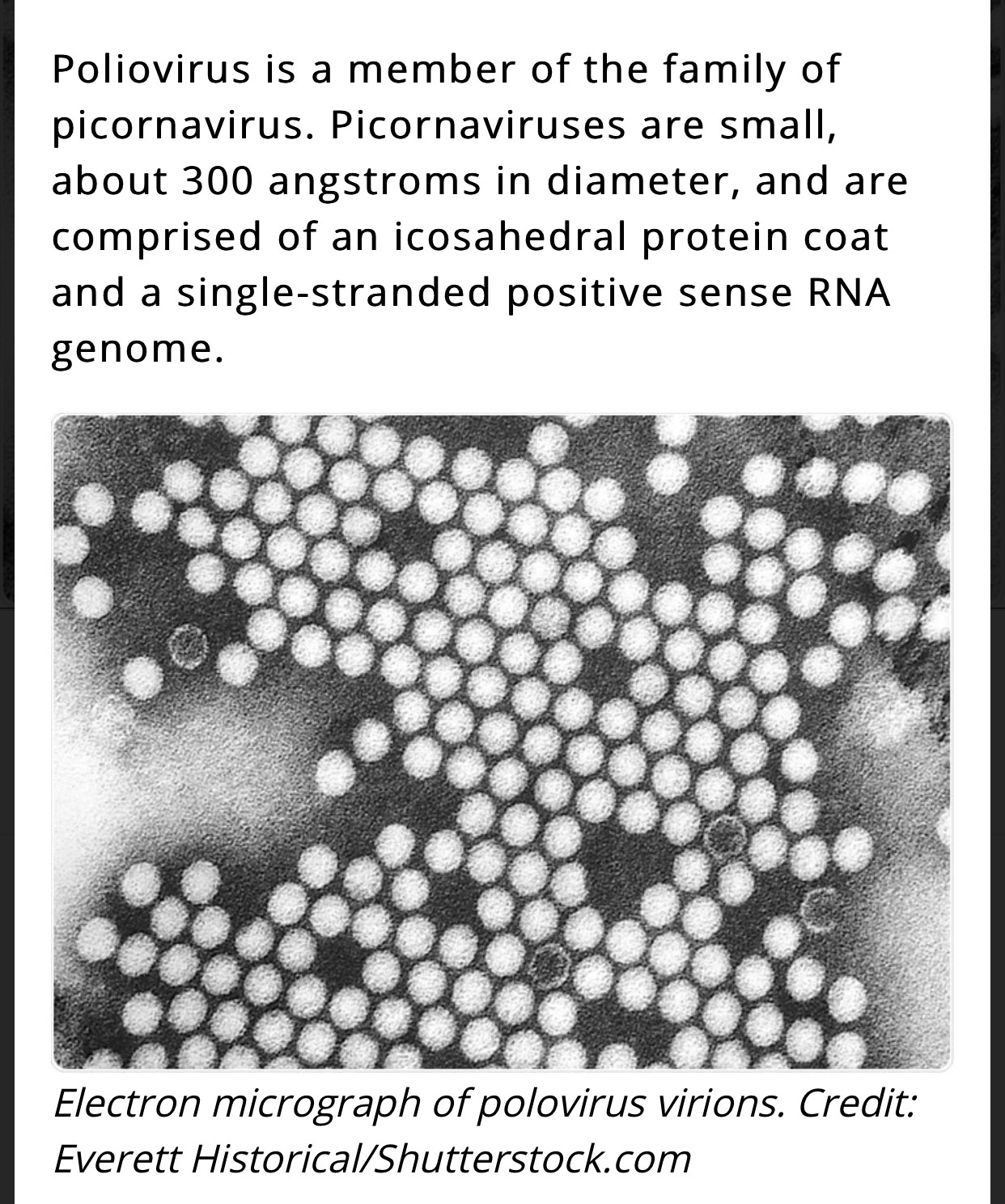discordance (n.)
mid-14c., discordaunce, "improper behavior;" late 14c., "disagreement, want of accord," from Old French discordance and directly from Medieval Latin; see discord (v.) + -ance. Related: Discordancy.
D
IS
CORD
Lead zirconate titanate is an inorganic compound with the chemical formula Pb[ZrxTi1−x]O3 (0≤x≤1). Also called lead zirconium titanate, it is a ceramic perovskite material that shows a marked piezoelectric effect, meaning that the compound changes shape when an electric field is applied. It is used in a number of practical applications such as ultrasonic transducers and piezoelectric resonators. It is a white to off-white solid.
A piezoelectric resonator is an electronic component designed for electronic oscillators and filters.
Piezoelectric resonators are:
crystal resonators, see Crystal oscillator
polycrystalline resonators, see Ceramic resonator
MEMS oscillators
Channelling
Channelling is the process that constrains the path of a charged particle in a crystalline solid
Polycrystalline materials are solids that consist of many small crystals (the “grains”). The grains are separated by grain boundaries and normally have random crystallographic orientations. The size of the grains may vary from nanometers to millimeters.

